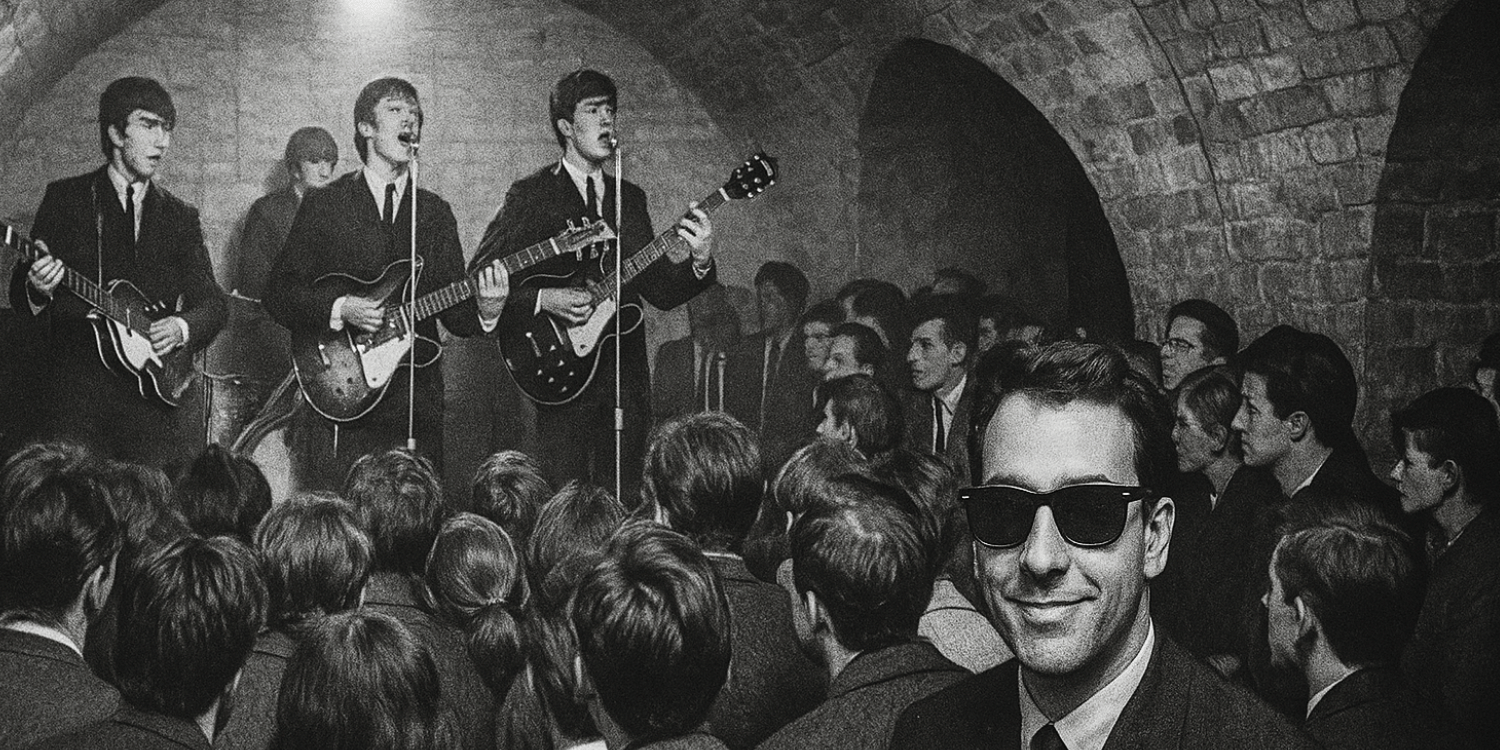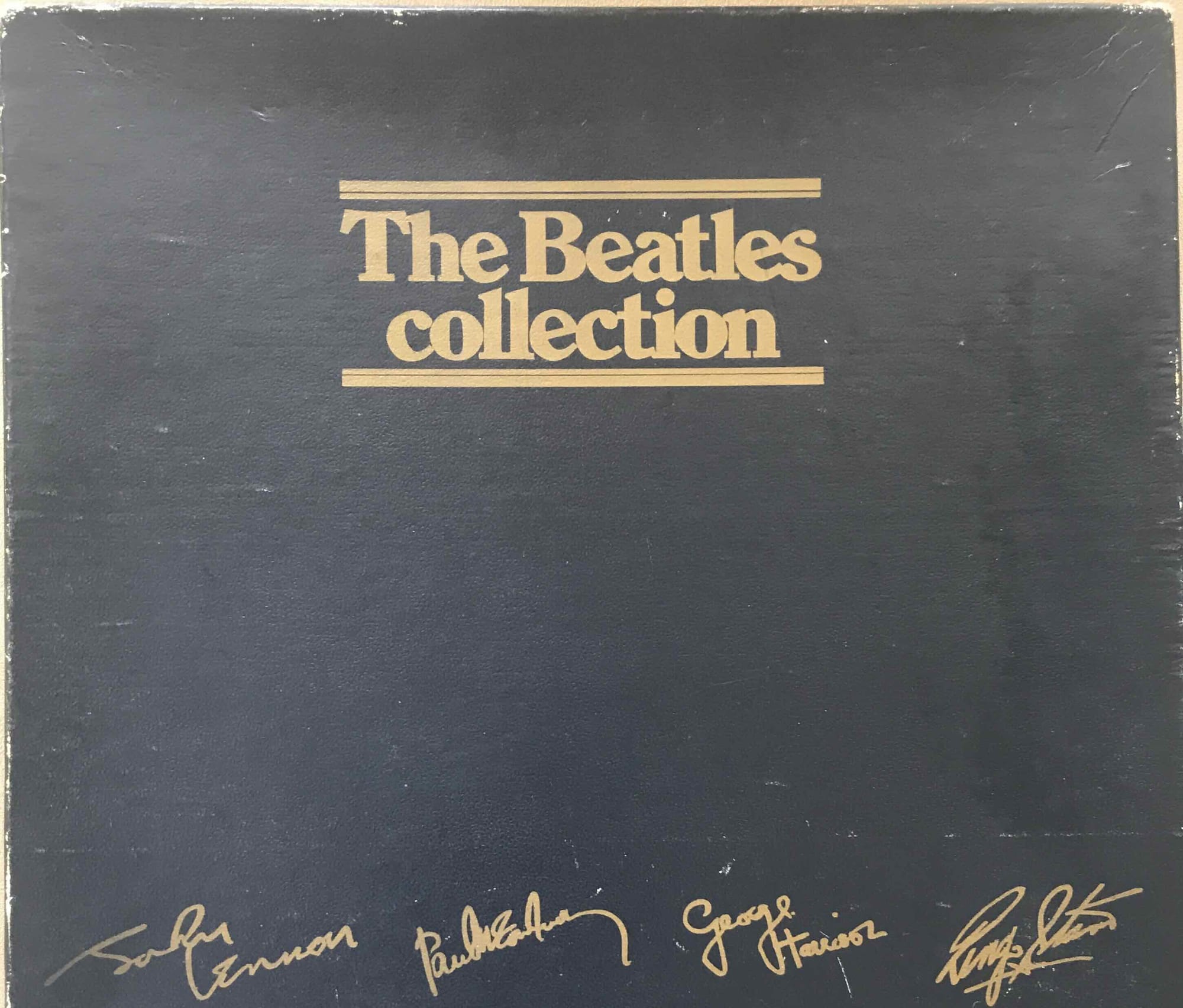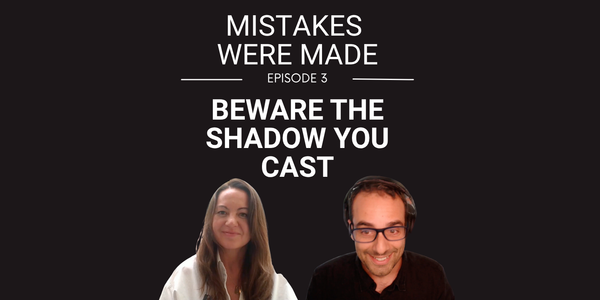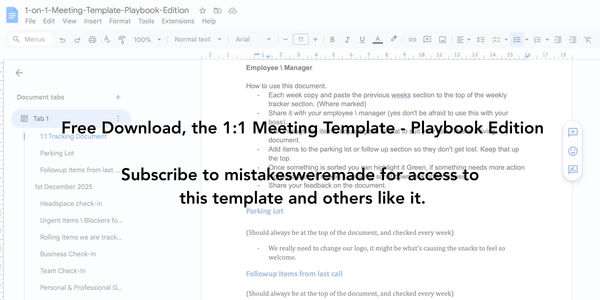Find Your Hamburg: What the Beatles taught me about doing the work

I’ve always liked the Beatles, but I wouldn’t have called myself a die-hard fan. That changed one random afternoon when I was scrolling through my local second-hand vinyl shop's newsletter and saw someone had posted a box set of every Beatles album. On vinyl, in near-perfect condition.

I dropped everything and ran (not even kidding, I was there 15 minutes after the newsletter went out... And another potential buyer arrived as I left with the prize).
It wasn’t a rational move; it was instinct. That box set rekindled something. When I got home, I sat there flipping through each sleeve… Rubber Soul, Revolver, Abbey Road, Let It Be, the White Album (my new fav), and, before long, I found myself deep down a Wikipedia rabbit hole about their history. That’s when I stumbled across the story of Hamburg, and a few timeless truths about success clicked into place.
The Grind Behind the Glory
The Beatles didn’t appear out of nowhere. Before the screaming fans, the Ed Sullivan Show, or the clean suits, they were just another group of twenty-somethings trying to figure it out.
In August 1960, they took a job in Hamburg, Germany, not because it was glamorous, but because they needed work. Allan Williams, a Liverpool promoter, sent them over. At the time, they were still an unknown Liverpool band with a revolving door of drummers and just a few dozen songs in rotation.
Hamburg’s red-light district was rough, loud, and unpredictable. The clubs there were open late and desperate for bands who could fill long, exhausting nights of live music. What they got wasn’t a break, it was bootcamp.
At the Indra Club, and later Kaiserkeller, Top Ten Club, and Star-Club, the Beatles played seven nights a week, often four or five sets a night, sometimes for six to eight hours at a stretch.
In one three-month run in 1961, they played 92 consecutive nights, totalling over 500 hours of live music. At one point, they performed 104 straight nights without a single day off. Kinda sounds like an early startup, doesn’t it?
It was chaos. They slept in storerooms, lived on cheap food, and were constantly told by their club owner to “Mach Schau!” or “make a show.” They had to learn to hold an audience’s attention for hours, in a foreign country, with little rest and no glamour.
And that’s exactly where they got good.
As John Lennon apparently put it, “I grew up in Hamburg, not Liverpool.”
The Work Nobody Wants to Do
Everyone loves the idea of mastery, being confident, polished, and creative. But nobody loves the grind that makes it possible (which is why I can’t play the guitar).
The Beatles’ Hamburg years weren’t glamorous. They were long, repetitive, and full of small mistakes. But that’s what built their muscle memory. By the time they came back to Liverpool, they could play almost anything tight, fast, and instinctively.
That kind of skill only comes from showing up when it’s uncomfortable. From repeating until the mistakes stop being scary and start becoming data.
And that’s the part so many people skip. We all want to be ready, but readiness is something you earn. The Beatles weren’t born professional; they became professional. They became confident because they played so much that fear and hesitation had no room left to live.
Mistakes Are the Curriculum
The more I read about Hamburg, the more it struck me that the Beatles’ success wasn’t luck or timing; it was practice in public.
They made mistakes constantly, but every night, they got another chance to fix it. Hamburg gave them the space to fail forward and test, learn, and recover faster than anyone around them.
That’s something I’ve seen play out in startups and leadership too. The fear of making mistakes is often what slows people down the most. Perfection paralysis keeps good people from reaching their potential.
The trick isn’t to avoid mistakes. It’s to find an environment where you can make them safely. Give people a team, the support of a strong leader and a culture that values practice over perfection. Once people know you can recover from a mistake, the fear goes away. And once the fear goes away, progress accelerates.
Find Your Hamburg
Hamburg wasn’t glamorous, but it was precisely what the Beatles needed: a place to work things out in public, to find their sound, to fail often and improve fast.
Everyone needs their version of a “Hamburg”, where you can do the reps before the world starts watching.
- For a new or aspiring leader (or anyone seeking career growth), that might mean volunteering for challenging projects, even if you don’t have all the answers.
- For a startup founder, it might mean shipping a rough version of a product or idea while you continue to refine it instead of waiting for perfection and letting the opportunity pass you by.
- For a creative, it’s publishing your early drafts before you’ve nailed your style.
- It’s about showing up, doing the work and being brave enough to make mistakes in front of people.
If you can do that, you’ll develop muscle memory. You’ll start trusting your instincts. And when your own “big break” comes along, you’ll actually be ready for it, not just hoping you are.
Know Your Strengths and Practise Them
The Beatles’ growth wasn’t just about endurance. It was about awareness. Each of them leaned into what they were naturally good at... McCartney’s melody, Lennon’s edge, Harrison’s technical discipline, Starr’s feel.
They didn’t all try to be the same. They combined their strengths, refined their abilities, and turned that mix into something unique.
The same applies in leadership. You can’t fake someone else’s style, but you can understand your own. Know what energises you. Know what drains you. Then find places where those strengths can get real exercise.
It’s not enough to know your strengths; you need to use them. Repeatedly. Like practising an instrument.
The Beatles didn’t master their craft by reading about music theory; they did it by playing night after night until it clicked.
And that’s the lesson that jumped out at me, sitting there with that box set: talent is potential, but practice is proof.
From Hamburg to the World
Hamburg didn’t make the Beatles famous overnight, but it made them ready.
After those brutal gigs, they came back to Liverpool sharper than anyone else. They had confidence, stagecraft, and chemistry. That’s when Brian Epstein found them, polished the image, and secured the recording deals.
Their first hit, “Love Me Do,” landed in 1962 right after their final Hamburg residency. The rest, as they say, is history. But that history only existed because of the years they spent sweating it out on tiny German stages.
Hamburg wasn’t a detour. It was the foundation that set them up for success and further growth. They only got better.
The Lesson That Stuck
That day, I ran out the door for a box set of old records. I didn’t expect to get a masterclass in success. But it’s all there, hiding in plain sight between those grooves, the wiki rabbit hole and the dozens of great YouTube videos on their early days.
If you want to get great at anything, leadership, music, sport, or startups, you have to find your Hamburg.
You have to find a place where you can show up, make mistakes, get feedback, and try again. A place that values the reps, not the perfection.
Don’t wait for confidence before you start. Confidence comes from starting.
Be bold. Be noisy. Be unpolished.
Find your Hamburg and play until it clicks.
P.S. If you have a little time, check out Tom Compagnoni 's Beatles documentary. https://youtu.be/hSOZKsyE_d0?si=PZ6HXZUtPtXUewnm




